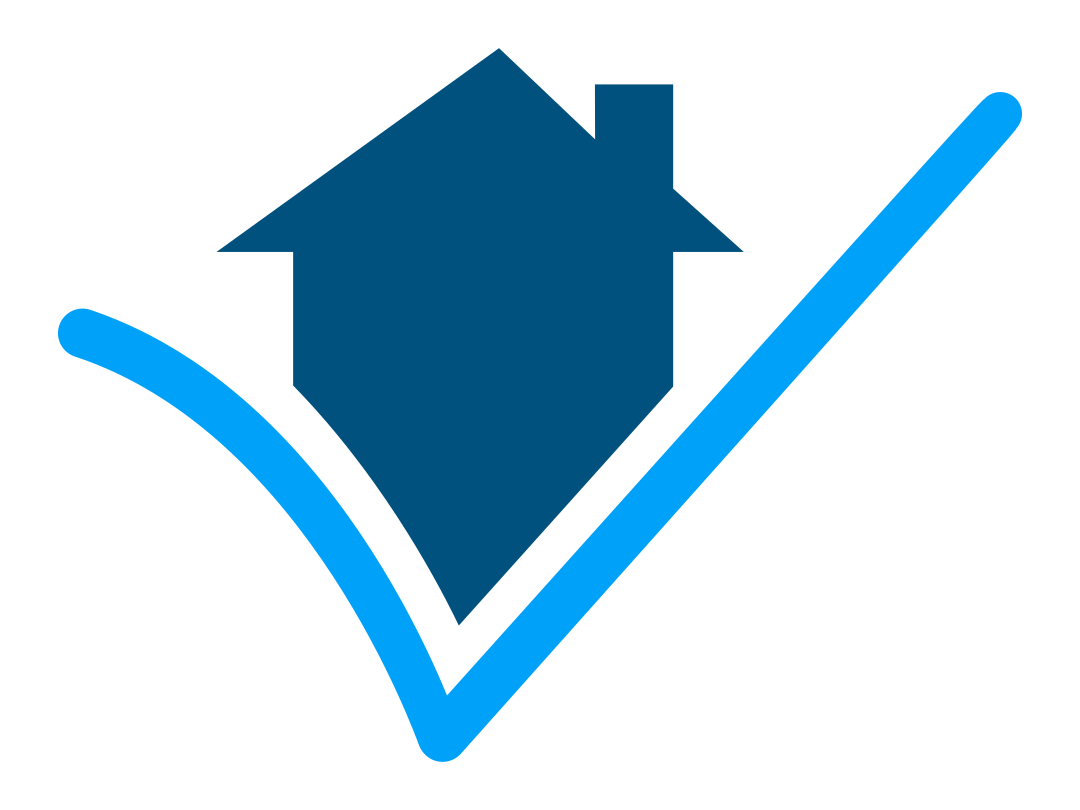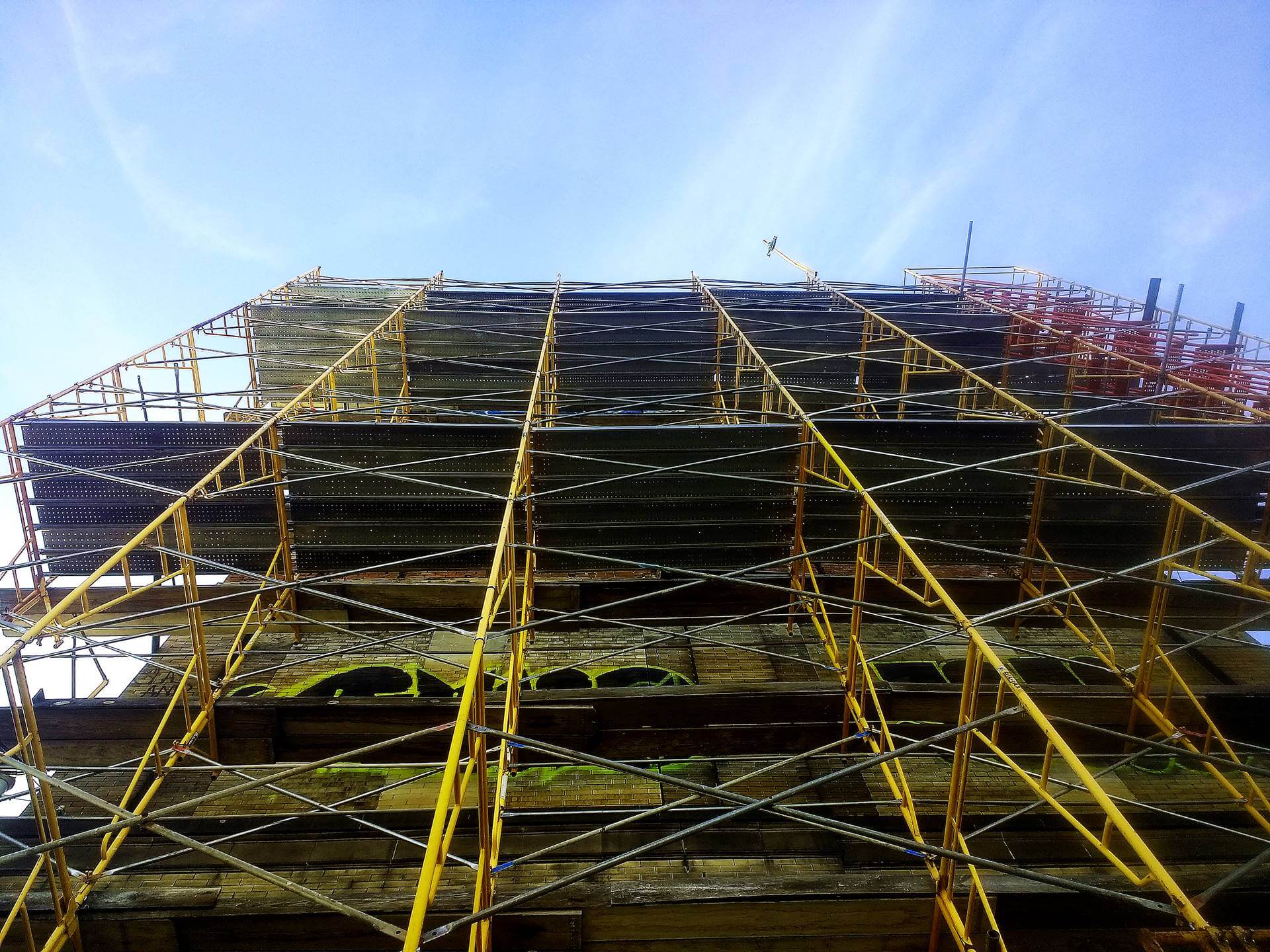Contractors fear them. Old real estate brokers shiver at their mention. Property owners try to pretend they don’t exist, though those property owners also feel a chill in their spines. In much the same way Old Nan warned Bran of the White Walkers, experienced Philadelphia developers and homeowners warn newcomers of that greatest of terrors: a Philadelphia Code violation.
When Philly’s Department of Licenses and Inspections finds a property illegally used or under unlawful construction – think building a house without a permit, or opening a restaurant without a food license – L&I issues a “notice of violation and order.” This notice should, according to the Code, be a written document which tells the owner of the property the nature of the Philadelphia Code violation, what can be done to address the violation, and how long the owner has to fix the problem.
These things are terrifying: if L&I decides that the owner isn’t complying with the Philadelphia Code violation notice, L&I can shut down operations at the property. It can also take the owner or operator responsible to court to force them to address the problem or shut down the project. And to be clear, this includes businesses that are already up and running: the Philadelphia Code says specifically that “the premises shall be vacated of all employees, patrons and occupants” once a Cease Operations Order is in effect.
If you want to argue your case in court, or parse exactly what counts as a violation, you will need a lawyer – and Permit Philly is happy to recommend some! But if you want to just comply with the City’s order and get it over with, here’s how to make sense of a Philadelphia Code violation on your property – and the steps to clear it up.
Philadelphia Code Violations: (Mostly) Trust the Process
First, it’s useful to understand how this whole violation process is supposed to work, how it used to work, and how it actually works today.
How it’s Supposed to Work
When an L&I inspector sees a problem with your property – an illegal use of the property or some illegal construction – they can issue that violation notice. They are supposed to give you a written order outlining the problem they see, and give you up to 35 days to fix it.
If the problem they see is dangerous – say, your roof deck is about to cave into your neighbor’s house – they can shut down your project on the spot, without a written order. In less dangerous cases, if you don’t fix the problem, the inspector can issue a Stop Work Order (for construction) or a Cease Operations Order (for a business). The way to fix the problem is always to either get a permit or license allowing you to do what you want with the property, or get a permit allowing you to change the structure to make it safe.
How it Used to Work
Licenses and Inspections was created in 1951, and for most of its history, it has been a great, great place for wanton bribery. When inspectors came calling, the way to clear the violation was to pay them some cold hard cash in exchange for a cleared case. If necessary, crooked inspectors could falsify paperwork to make it all look Kosher. You might think this stopped in 2013, with the deadly collapse of an entire building on Market Street, but this behavior wasn’t really reformed until the last commissioner of L&I, Carlton Williams, was removed from his job – after spending $15,000 on fake articles proclaiming L&I’s genius. In late 2015, Dave Perri got on the job, and wouldn’t you know it – bribes have largely disappeared (I mean, you hear stories, but Permit Philly has never run into any of this behavior). L&I more or less follows its own rules at present.
(Don’t cry for Williams – he is currently running your Philly Streets Department.)
How it Works Today
Today, the Philadelphia code violation process is almost by the book, with some minor exceptions.
First, inspectors do not like paperwork, and they may skirt some of the notice rules – you will almost always get a hard paper copy of the violation notice, but sometimes they’ll just sort of chat with the owner or operator and tell them to change something on the spot. (This is usually for license renewals – they’ll send some kind of hard copy to you for construction work in just about every case, and if they don’t, demand one for your reference!)
Second, you almost always have more – a lot more – than 35 days to fix the problem, if the problem isn’t imminently dangerous. You’ll get a notice, then a second warning, and then a final warning before the City tells you that you’re due in court. So just because you receive a notice of a Philadelphia Code violation, it doesn’t mean you’re doomed – you have plenty of time to get a new permit.
The exception are those imminently dangerous cases – when L&I tells you that your building is about to fall down, the timeline compresses. Depending on how dangerous your structure is to other surrounding structures, the City might require you to get a permit just about immediately. So pay close attention to the nature of your violation notice!
Now, here’s the step-by-step guide to clearing your Philadelphia Code violation:
Step One: Get All the Information
Sometimes the inspector will tell you that you will receive a violation before you actually receive a written violation notice, and sometimes you’ll just open your mail to find the violation notice. Either way, make sure you save a copy of the violation notice. It will tell you why you are being cited for a Philadelphia Code violation, and which permits will fix it (more on that in a second).
The notice will also give you the name and contact information for your inspector – the person who issued the violation notice in the first place. Contact this person! The inspector will work with you to take care of the problem, and explain why you are being cited and how things can be squared with the City. Now, your inspector might not like being called all the time, or they might prefer emails to phone calls. But once you figure out your inspector’s preferences, they will help you navigate your predicament.
Inspectors work out of one of several district offices. The time to contact them is between 8:30am and 9:30am – after this, they’re usually in the field inspecting, and are super unlikely to respond to you. (Also cut out a block at 8:30am if you want to go to a district office in person for any reason.)
Step Two: Figure Out What Permits or Licenses Will Fix the Violation
The inspector will clarify exactly which permit or license will fix your violation – the violation notice should also do this, but sometimes the notices aren’t super clear. Ask the inspector exactly what they are looking for, and why – you want to word your permit application exactly right to avoid headaches later.
Step Three: Get Your New Permit or License!
Once you know what you’re aiming at, prepare the necessary documents for your zoning permit or building permit or food license or whatever other kind of application. File them with Licenses and Inspections – marking on the forms that the applications are in response to a violation – and wait for the review period to elapse.
Stay in touch with the inspector and the plans examiner in this process (examiners are the people in the bowels of L&I who actually review construction documents and issue permits). Inspectors argue all the time with plans examiners. For example, an examiner might issue a permit to make a prior demolition legal – this doesn’t mean the new building has to be destroyed, but rather that the demolition that already happened will be made legal, if an inspection finds that the new building is safe. In this case, the inspector might roll up to the property thinking they’re inspecting a demolition and demand, “Why is this building still here?”
Again: talk with your inspector early to make sure they know what to expect when they’re inspecting.
Dangerous Cases
As I noted before, some violations are marked as a “dangerous case.” Dangerous cases are turned around in a matter of days, at no extra charge – but work must also start sooner on these cases than regular cases. Dangerous cases are usually structural problems or health code violations. (Make sure your restaurant is ready for an inspection at all times!) Dangerous case violations are also very specific – you might get a violation for one crack in one wall.
Remember: dangerous cases shut down all other work on your property. If you get a dangerous case violation, you can’t apply for any permits or legally do any other work to the property until after you’ve cleared the dangerous case.
Regular Violations
Cases that are not dangerous will get more leash – you’ll almost always have more time to respond to the initial notice of violation, and more time to fix the problem. However, the permit process will take longer, as the City is under no obligation to speed up their work – you have to fix your problem, but it’s not so dangerous that it’s a public concern. This can be an issue when you’re working on unpermitted construction – it’s not necessarily dangerous, but the City might stop the construction until you get a permit, costing you a month or more on the project.
Step Four: Pay Your Fine
Yep, it’s not that easy. The City will assess fines, depending on the nature of the violation, that will be added to your permit or license fee. So have your checkbook handy!
How to Avoid a Philadelphia Code Violation
If you’d like to avoid a Philadelphia Code violation entirely – a Cease Operations Order or a Stop Work Order costing thousands of dollars in lost time, or hundreds (thousands?) more in fines – then try this one weird trick:
Don’t do something illegal.
I know. Groundbreaking. Don’t hire unlicensed contractors to do your work. Don’t build a building without a permit. Don’t gut a house without the (super easy!) permit required for home renovation. Don’t open a restaurant without a food license.
And if the maze of permits in Philly is too dense, just call Permit Philly. We’ll make sure you have all the permits you need to open your business or build your structure. And if you already have a violation, we’ll clear it up for you.

